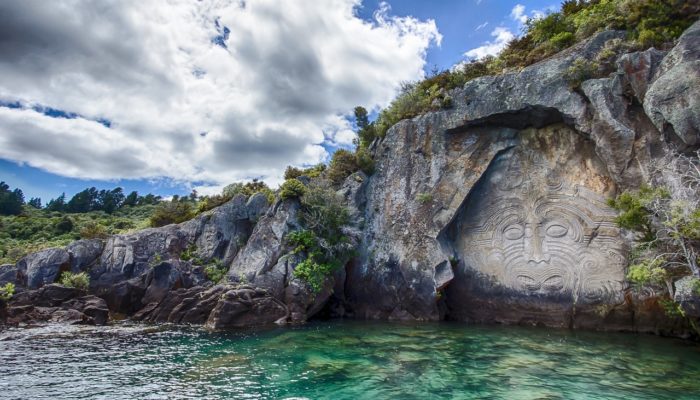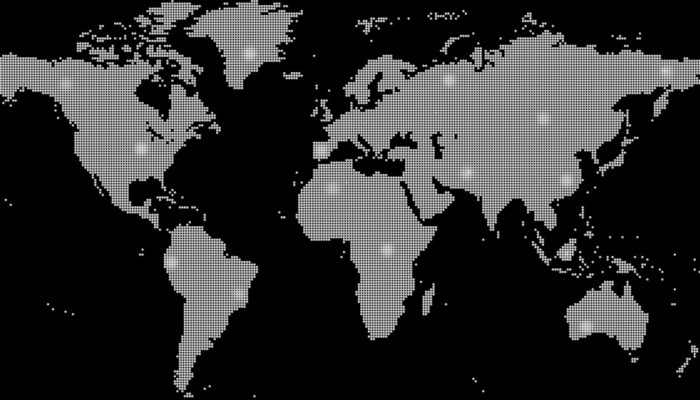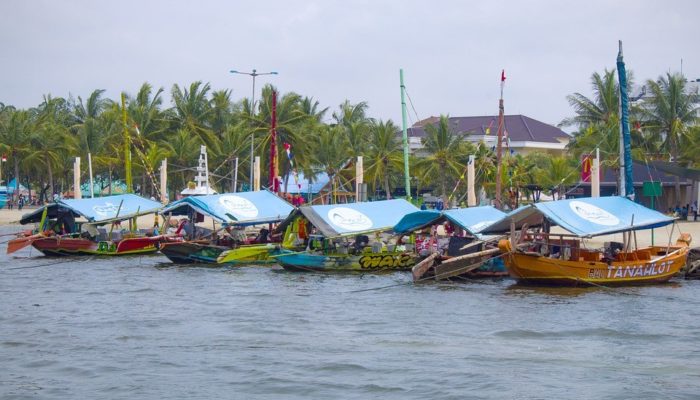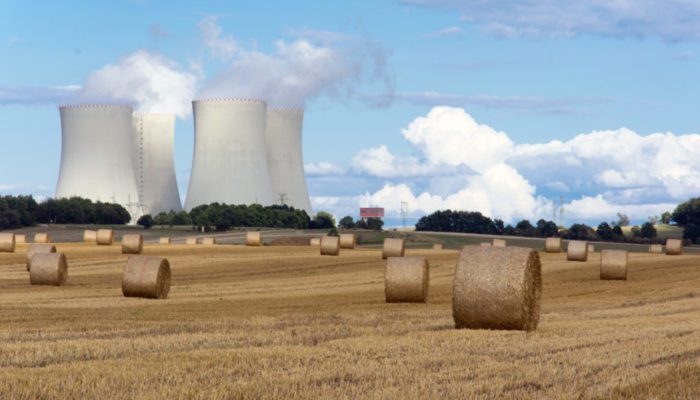Jesse Zondervan picks his favourite posts from geoscience and development news which cover the geology for global development interest. Here’s a round-up of Jesse’s favourite selections for the last four months of 2020: In the words of Sarah Derouin at AGU’s Eos “some geoscientists have seen their productivity grind down to plate tectonics speeds while the pandemic rages on”, but some environmenta ...[Read More]
Using Geoscience Skills to Improve Global Health; Integrating Indigenous Knowledge and Science. That and more in Jesse Zondervan’s Apr-Jul #GfGDpicks #SciComm




